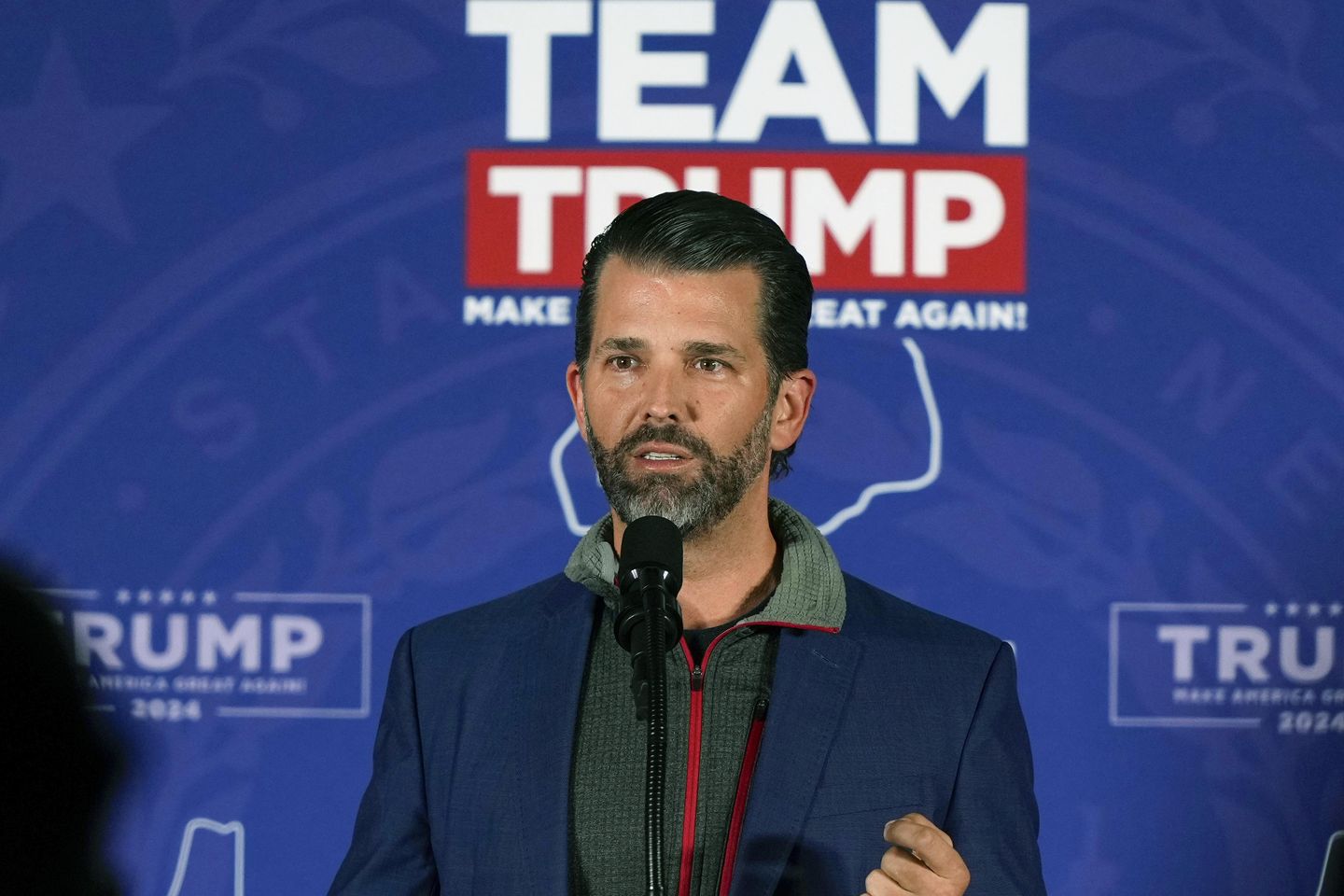Don Blankenship, a former coal executive, sought to appeal a defamation case against Donald Trump Jr. after the latter referred to him as a “felon” in a tweet. Blankenship was previously convicted of a misdemeanor related to a mine explosion that killed 29 workers in 2010. He argued that Trump Jr.’s statement was false and damaging to his reputation. However, the federal appeals court rejected Blankenship’s bid, upholding the lower court’s decision in favor of Trump Jr.
The case revolved around a tweet posted by Trump Jr. in 2018, where he referred to Blankenship as a “felon” during Blankenship’s bid for a U.S. Senate seat in West Virginia. Blankenship claimed that this statement was defamatory and sought damages for harm to his reputation. However, the court found that Trump Jr.’s statement was not defamatory as it was based on Blankenship’s criminal conviction and therefore constituted protected speech under the First Amendment.
Despite Blankenship’s argument that he was not technically a felon, the court determined that the term was used in a colloquial sense and did not constitute defamation. Blankenship’s conviction for a misdemeanor related to the mine explosion was sufficient grounds for Trump Jr. to refer to him as a “felon” without defaming him. The court’s decision highlights the importance of context and the First Amendment’s protection of free speech, even when it comes to potentially damaging statements.
Blankenship’s legal battle with Trump Jr. underscores the complexities of defamation cases and the challenges of proving harm to one’s reputation. While Blankenship may have felt aggrieved by Trump Jr.’s tweet, the court ultimately sided with the defendant, citing the protection of free speech and the lack of evidence of actual malice in Trump Jr.’s statement. This case serves as a reminder of the high threshold required to prove defamation in the United States, especially when public figures are involved.
In conclusion, the federal appeals court’s rejection of Don Blankenship’s bid to appeal the defamation case against Donald Trump Jr. underscores the challenges of proving defamation and the protection of free speech under the First Amendment. Despite Blankenship’s claims that Trump Jr.’s statement was false and damaging to his reputation, the court found that it was not defamatory based on Blankenship’s criminal conviction. This case serves as a cautionary tale about the complexities of defamation law and the importance of context in interpreting potentially harmful statements. Ultimately, the court’s decision reaffirms the high threshold required to prove defamation in the United States, especially when public figures and protected speech are involved.









